In the bustling streets of Saudi Arabia, where the aroma of spices mingles with the desert air, there exists a traditional drink that has been warming hearts and homes for centuries. Known as Qishr, this spiced coffee holds a special place in Saudi culture, embodying the warmth of Arabian hospitality and the rich tapestry of the region’s history. Unlike the globally renowned Arabic coffee, Qishr carries its own unique identity, rooted in simplicity and tradition. Made from coffee husks, ginger, and a blend of aromatic spices, it is a testament to the resourcefulness of the people who created it.
The origins of Qishr trace back to the highlands of Yemen, where coffee cultivation first began. Over time, the drink found its way to the Arabian Peninsula, adapting to local tastes and customs. In Saudi Arabia, it became a staple in households, particularly in the southern regions like Jazan and Asir. The preparation of Qishr is an art in itself, often passed down through generations. The coffee husks, a byproduct of coffee bean processing, are boiled with water and infused with spices such as ginger, cardamom, and cinnamon. The result is a light, fragrant brew that is less intense than traditional coffee but equally invigorating.
What sets Qishr apart is its cultural significance. In Saudi society, serving Qishr is more than just offering a drink; it is a gesture of welcome and respect. Guests are often greeted with a cup of Qishr, accompanied by dates or sweet treats. This ritual reflects the deep-rooted values of generosity and community in Saudi culture. The drink is also a common feature during social gatherings, where it serves as a catalyst for conversation and connection. Whether in a modest home or a lavish majlis, Qishr brings people together, bridging gaps and fostering bonds.
The modern era has seen Qishr evolve, yet it remains firmly tied to its heritage. In urban centers like Riyadh and Jeddah, cafes have begun to incorporate Qishr into their menus, offering a contemporary twist on the classic recipe. Some versions include additions like saffron or cloves, catering to diverse palates. Despite these innovations, the essence of Qishr remains unchanged. It continues to be a symbol of tradition, a reminder of a simpler time when life moved at a slower pace and hospitality was paramount.
Beyond its cultural role, Qishr has also garnered attention for its potential health benefits. The spices used in its preparation, particularly ginger and cardamom, are known for their medicinal properties. Ginger, for instance, is celebrated for its anti-inflammatory and digestive benefits, while cardamom is believed to aid in detoxification. For many, a cup of Qishr is not just a comforting beverage but also a natural remedy for minor ailments. This duality—of pleasure and wellness—adds another layer to Qishr’s enduring appeal.
As Saudi Arabia strides into the future, embracing modernization and global influences, Qishr stands as a poignant link to the past. It is a drink that tells a story—of resilience, adaptation, and the enduring power of tradition. For those who savor it, Qishr is more than just a blend of coffee husks and spices; it is a sip of history, a taste of home, and a celebration of Saudi Arabia’s rich cultural legacy.

By Jessica Lee/May 10, 2025

By Victoria Gonzalez/May 10, 2025

By Noah Bell/May 10, 2025

By Benjamin Evans/May 10, 2025
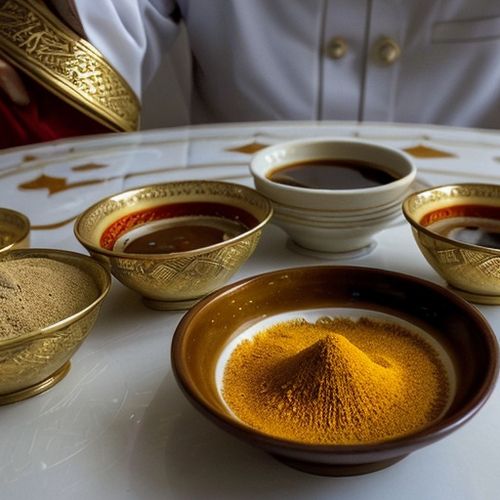
By Rebecca Stewart/May 10, 2025
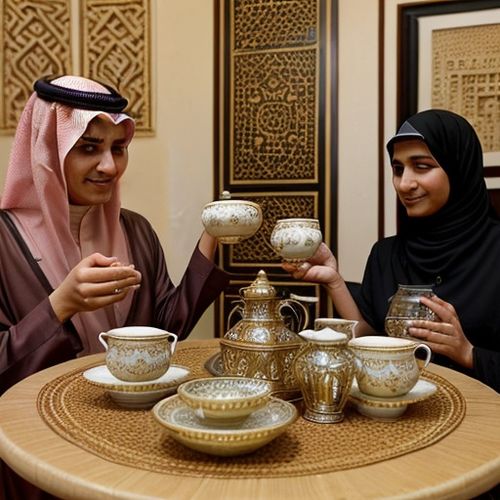
By Daniel Scott/May 10, 2025
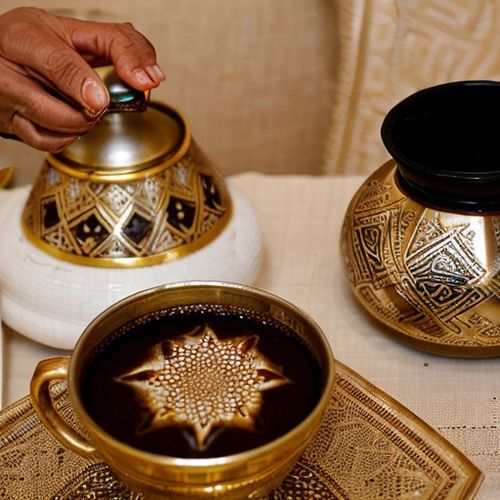
By Samuel Cooper/May 10, 2025

By Ryan Martin/May 10, 2025
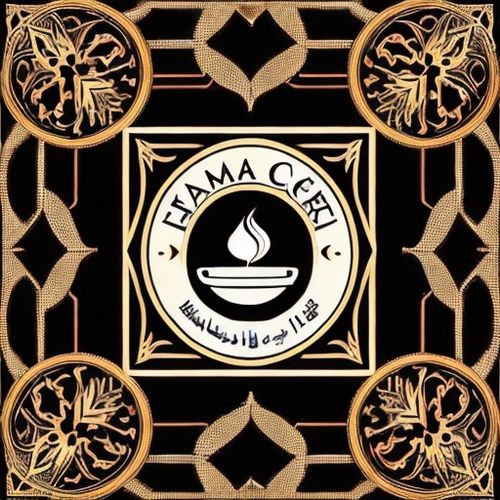
By James Moore/May 10, 2025

By Rebecca Stewart/May 10, 2025
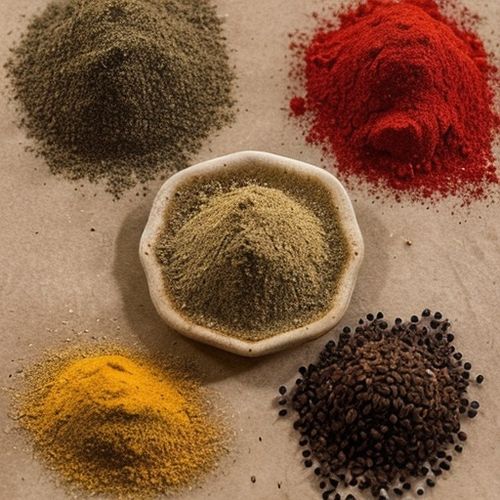
By Rebecca Stewart/May 10, 2025
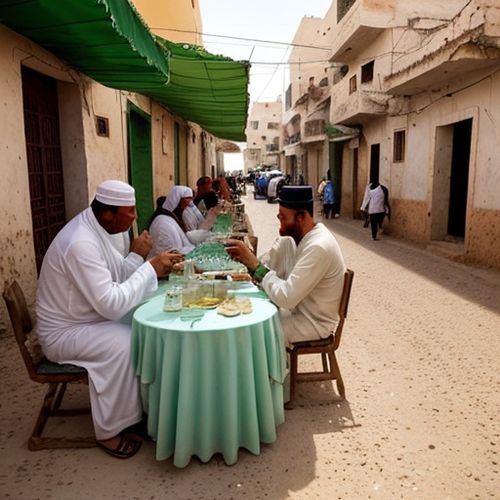
By Thomas Roberts/May 10, 2025

By Grace Cox/May 10, 2025

By Sophia Lewis/May 10, 2025
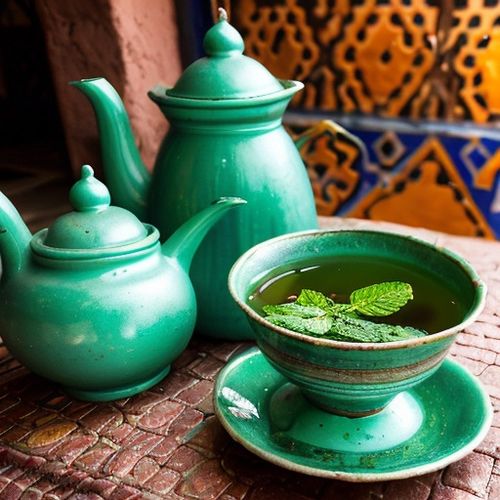
By Sophia Lewis/May 10, 2025

By Daniel Scott/May 10, 2025

By Amanda Phillips/May 10, 2025

By Lily Simpson/May 10, 2025

By Natalie Campbell/May 10, 2025

By Olivia Reed/May 10, 2025